November 25 stands as one of history’s most eventful days, witnessing the rise and fall of empires, groundbreaking discoveries, and moments that shaped our modern world across centuries of human achievement.

Politics and Government Events on November 25
1905 – Prince Carl of Denmark Arrives in Norway
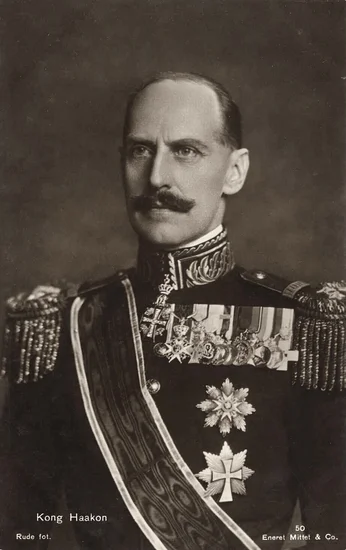
Prince Carl of Denmark stepped onto Norwegian soil to begin his reign as King Haakon VII. This peaceful transition marked Norway’s emergence as a fully independent constitutional monarchy.
The Danish prince’s acceptance of the Norwegian crown symbolized the nation’s break from Swedish union. His arrival inaugurated a new era of Norwegian sovereignty and democratic governance.
1947 – New Zealand Gains Legislative Independence
New Zealand ratified the Statute of Westminster, severing its final legislative ties to the United Kingdom. This historic vote established complete parliamentary sovereignty for the dominion.
The ratification ceremony in Wellington marked the culmination of decades of gradual constitutional evolution. New Zealand joined other Commonwealth nations in achieving full legislative autonomy.
1973 – Greek Military Coup Ousts Papadopoulos

Brigadier General Dimitrios Ioannidis led hardline military officers in overthrowing Georgios Papadopoulos. The coup replaced one military dictator with an even more authoritarian regime.
Ioannidis consolidated power by arresting Papadopoulos and his supporters throughout Athens. This internal struggle within Greece’s military junta intensified the country’s political crisis.
1975 – Suriname Achieves Independence
Suriname formally gained independence from the Netherlands after three centuries of colonial rule. The ceremony in Paramaribo transferred sovereignty to the new South American republic.
Dutch colonial administrators handed over governmental control to Surinamese leaders amid celebration. The independence marked the end of one of the longest-running colonial relationships in the Americas.
1980 – Upper Volta Military Coup

Colonel Saye Zerbo led a successful military coup against President Sangoulé Lamizana in Upper Volta. The bloodless takeover brought another military government to power in West Africa.
Zerbo’s forces seized control of government buildings and communication centers in Ouagadougou. The coup reflected ongoing political instability in the region during the Cold War era.
1992 – Czechoslovakia Votes to Split
The Federal Assembly of Czechoslovakia voted to dissolve the country into separate Czech and Slovak republics. This peaceful decision would take effect on January 1, 1993.
Parliamentary representatives from both regions agreed to the “Velvet Divorce” without bloodshed. The split represented a rare example of peaceful national dissolution in European history.
Military and Naval History on November 25
1917 – German Victory at Negomano
German forces decisively defeated a Portuguese army of 1,200 soldiers at Negomano during World War I. The battle occurred on the border between modern-day Mozambique and Tanzania.
The German East Africa campaign demonstrated remarkable resilience against Allied colonial forces. This victory allowed German troops to continue their guerrilla warfare in the region.
1941 – HMS Barham Sunk by German Torpedo
A German U-boat torpedo struck HMS Barham, sending the British battleship to the bottom of the Mediterranean. The devastating attack claimed hundreds of Royal Navy lives.
The sinking demonstrated German submarine effectiveness in contested waters during World War II. British naval supremacy faced constant challenges from underwater warfare tactics.
1943 – Bosnia and Herzegovina Statehood Restored
The State Anti-fascist Council for the National Liberation of Bosnia and Herzegovina re-established the region’s statehood. This wartime decision shaped Yugoslavia’s post-war federal structure.
Partisan leaders meeting in Jajce formally recognized Bosnia and Herzegovina as a constituent republic. The declaration laid groundwork for the region’s role in socialist Yugoslavia.
1952 – Korean War Triangle Hill Battle Ends
After 42 days of intense fighting, Chinese forces achieved victory at Triangle Hill in Korea. American and South Korean units abandoned their attempt to capture the strategic “Iron Triangle.”
The battle demonstrated Chinese military effectiveness against United Nations forces. This tactical victory strengthened China’s negotiating position in ongoing armistice talks.
1987 – Soviet Aircraft Shot Down in Angola
Anti-aircraft fire near Menongue brought down a Soviet Air Force Antonov An-12 transport plane. All 21 crew members and passengers perished in the crash.
The incident highlighted Soviet involvement in Angola’s civil war during the Cold War. Cuban and Soviet military advisors faced constant danger in the African conflict zone.
Science and Discovery Milestones on November 25
1915 – Einstein Presents General Relativity

Albert Einstein presented his revolutionary field equations of general relativity to the Prussian Academy of Sciences. This groundbreaking work fundamentally transformed humanity’s understanding of space, time, and gravity.
The equations described how mass and energy warp the fabric of spacetime itself. Einstein’s presentation marked one of the most significant moments in the history of theoretical physics.
1950 – Great Appalachian Storm Study
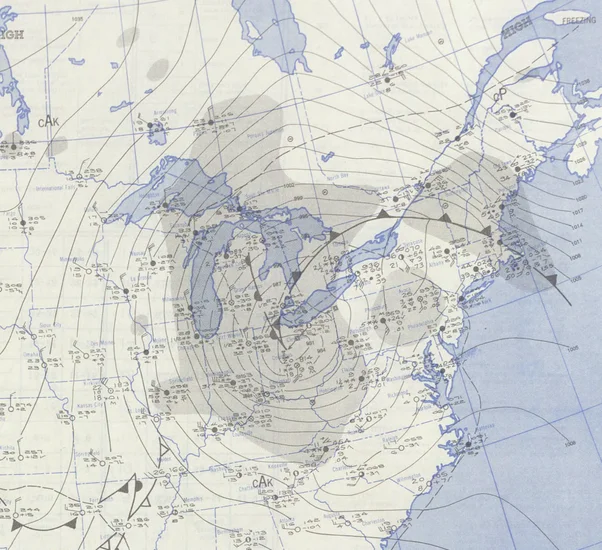
The Great Appalachian Storm of 1950 provided meteorologists with unprecedented data about severe weather systems. The massive storm impacted 22 American states, killing 353 people and causing $66.7 million in damages.
Weather researchers documented the storm’s formation, movement, and destructive power across the eastern United States. This natural disaster advanced understanding of large-scale atmospheric phenomena.
2000 – Major Baku Earthquake
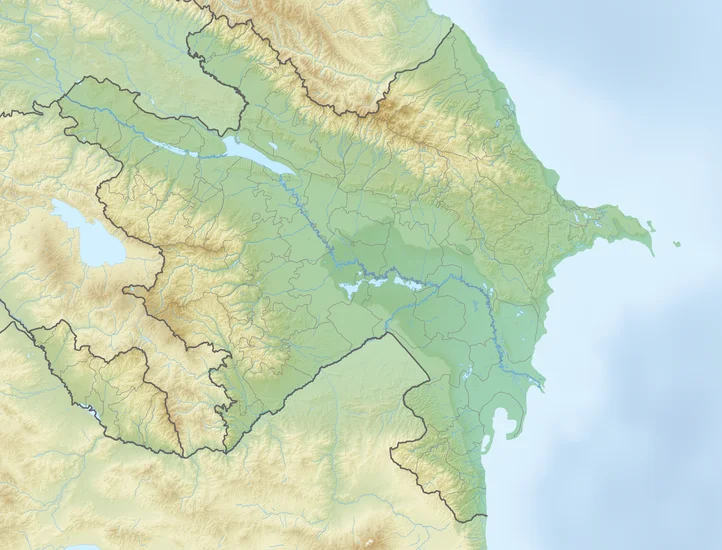
A 7.0 magnitude earthquake struck Baku, Azerbaijan, becoming the strongest seismic event in the region for 158 years. The powerful quake killed 26 people and provided valuable geological data.
Seismologists studied the earthquake’s effects on the Caspian Sea region’s geological structure. The event highlighted the area’s seismic vulnerability and advanced earthquake prediction research.
Cultural and Arts Events on November 25
1952 – The Mousetrap Opens in London
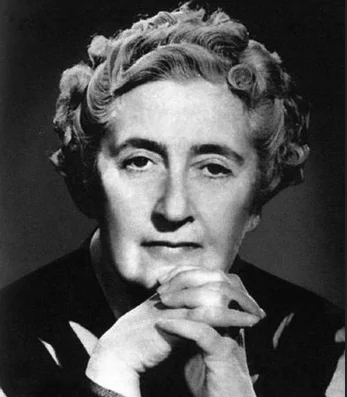
Agatha Christie’s murder mystery “The Mousetrap” premiered at the Ambassadors Theatre in London’s West End. The production would become the longest continuously running play in theatrical history.
Audiences immediately embraced Christie’s clever plotting and memorable characters during the opening performance. The play’s enduring success established it as a cornerstone of British theater.
1963 – Kennedy State Funeral

President John F. Kennedy’s state funeral took place with unprecedented global television coverage. The ceremony at the Cathedral of St. Matthew the Apostle was followed by burial at Arlington National Cemetery.
Millions of Americans watched the solemn procession through Washington’s streets on television. The funeral became a defining moment in American collective memory and broadcast journalism.
1970 – Yukio Mishima’s Dramatic End
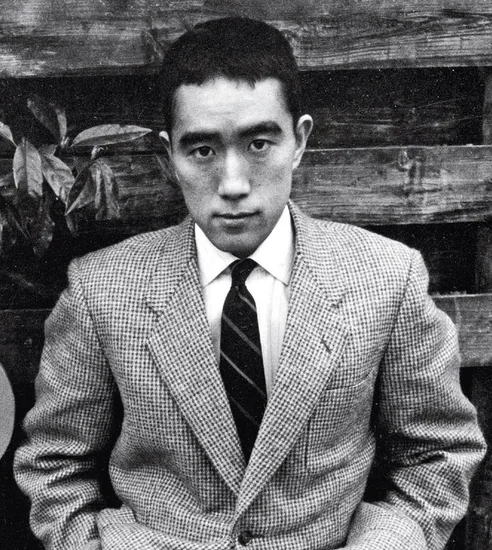
Renowned Japanese author Yukio Mishima committed ritualistic seppuku after an unsuccessful coup attempt. His dramatic protest against Japan’s post-war pacifist constitution shocked the literary world.
Mishima’s final act reflected his complex relationship with traditional Japanese values and modern society. The incident highlighted cultural tensions within Japan’s rapidly changing social landscape.
1984 – Band Aid Records “Do They Know It’s Christmas?”
Thirty-six top British and Irish musicians gathered in a Notting Hill studio to record the charity single “Do They Know It’s Christmas?” The recording session raised money for Ethiopian famine relief.
The supergroup collaboration brought together rivals and friends from across the music industry. Their charitable effort launched the modern era of celebrity-driven humanitarian campaigns.
Religious and Social Events on November 25
1960 – Mirabal Sisters Assassinated
The Mirabal sisters, prominent opponents of Dominican dictator Rafael Trujillo, were brutally murdered. Their assassination shocked the international community and galvanized opposition to the regime.
The sisters’ courage in fighting political oppression made them symbols of resistance throughout Latin America. Their deaths contributed to Trujillo’s eventual downfall and inspired future human rights movements.
1968 – Helsinki Student Occupation
University of Helsinki students occupied the Old Student House in a dramatic protest action. The occupation reflected growing student activism across Europe during the tumultuous 1960s.
Finnish students demanded educational reforms and greater democratic participation in university governance. Their peaceful demonstration contributed to broader social changes in Finnish higher education.
1981 – Pope Appoints Ratzinger

Pope John Paul II appointed Joseph Cardinal Ratzinger as Prefect of the Congregation for the Doctrine of the Faith. The future Pope Benedict XVI assumed control of the Vatican’s doctrinal enforcement.
Ratzinger’s appointment signaled the Pope’s commitment to traditional Catholic theology and conservative social positions. His leadership would influence Church doctrine for the next two decades.
Business and Economic Events on November 25
1986 – Iran-Contra Scandal Breaks

U.S. Attorney General Edwin Meese announced that profits from covert weapons sales to Iran were illegally diverted to Nicaraguan Contras. The revelation exposed a major government scandal.
The announcement triggered congressional investigations and damaged the Reagan administration’s credibility. The scandal highlighted the dangers of secret foreign policy operations.
1947 – Hollywood Ten Blacklisted
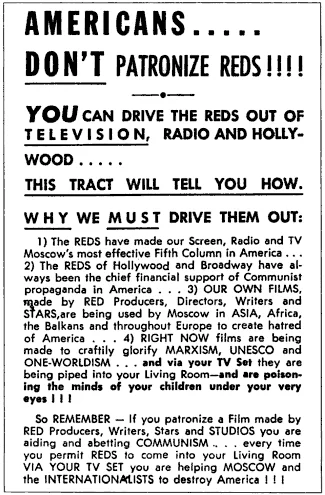
Hollywood movie studios blacklisted the “Hollywood Ten” writers and directors during the Red Scare. The entertainment industry capitulated to political pressure and anti-communist hysteria.
The blacklist destroyed careers and stifled creative expression in American cinema. This shameful episode demonstrated the power of political fear over artistic freedom.
1999 – Elián González Rescued

Five-year-old Cuban boy Elián González was rescued by fishermen while floating in an inner tube off Florida’s coast. The dramatic rescue launched an international custody battle.
The boy’s plight became a symbol of Cuban-American political tensions and immigration policy debates. His case dominated headlines and influenced U.S.-Cuba relations for months.
Transportation and Infrastructure on November 25
1986 – King Fahd Causeway Opens

The King Fahd Causeway officially opened, connecting Saudi Arabia and Bahrain across the Persian Gulf. This massive infrastructure project transformed regional transportation and commerce.
The 25-kilometer causeway included bridges, embankments, and artificial islands spanning the shallow waters. The project strengthened economic ties between the two Gulf kingdoms.
1908 – SS Sardinia Fire Tragedy
A devastating fire broke out aboard SS Sardinia as it departed Malta’s Grand Harbour. The disaster resulted in the ship’s grounding and the deaths of at least 118 passengers and crew.
The maritime tragedy highlighted the dangers of sea travel in the early 20th century. The incident led to improved fire safety regulations for passenger vessels.
1958 – French Sudan Gains Autonomy
French Sudan achieved autonomous status as a self-governing member of the French Community. This political transition represented a step toward eventual independence for the West African territory.
The autonomy arrangement allowed local leaders to govern internal affairs while maintaining ties to France. This model influenced decolonization processes across French Africa.
Sports and Recreation on November 25
1926 – Deadly November Tornado Outbreak
The deadliest November tornado outbreak in U.S. history killed 76 people and injured over 400 across multiple states. The severe weather event demonstrated nature’s unpredictable power.
Meteorologists later studied the outbreak to better understand late-season tornado formation. The tragedy led to improved weather warning systems and emergency preparedness protocols.
1987 – Typhoon Nina Devastates Philippines

Typhoon Nina struck the Philippines with category 5 winds reaching 265 km/h, killing at least 1,036 people. The massive storm surge destroyed entire coastal villages.
The typhoon’s destructive power highlighted the Philippines’ vulnerability to extreme weather events. International relief efforts followed the disaster, providing humanitarian assistance to survivors.
2009 – Jeddah Floods During Hajj

Unprecedented rainfall flooded the city of Jeddah, Saudi Arabia, during the annual Hajj pilgrimage. The freak weather event killed 122 people and left 350 others missing.
Three thousand vehicles were swept away by the torrential floods in the holy city. The disaster disrupted the pilgrimage and prompted infrastructure improvements for future Hajj seasons.
Notable Births on November 25
1914 – Joe DiMaggio Born

Baseball legend Joe DiMaggio was born in Martinez, California, to Italian immigrant parents. His childhood in the San Francisco Bay Area shaped his future athletic career.
DiMaggio would become one of America’s greatest baseball players with the New York Yankees. His 56-game hitting streak and marriage to Marilyn Monroe made him a cultural icon.
1915 – Augusto Pinochet Born
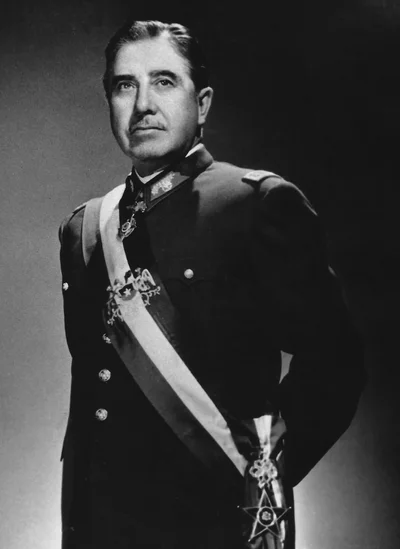
Future Chilean dictator Augusto Pinochet entered the world in Valparaíso, Chile. His early military education would prepare him for a controversial political career.
Pinochet would later lead a military coup against Salvador Allende’s government. His authoritarian rule from 1973 to 1990 left a lasting impact on Chilean society.
1920 – Ricardo Montalbán Born
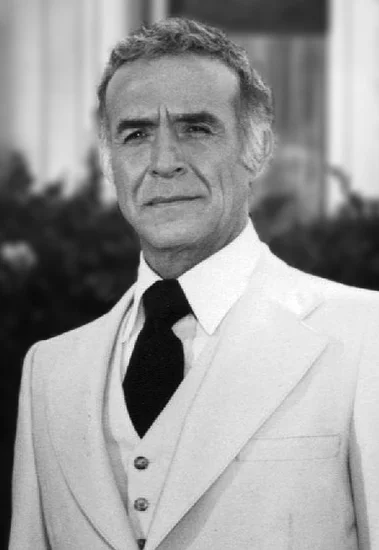
Mexican-American actor Ricardo Montalbán was born in Mexico City. His distinctive voice and charismatic screen presence would make him a Hollywood star.
Montalbán became famous for roles in “Fantasy Island” and “Star Trek II: The Wrath of Khan.” His advocacy for Latino representation in entertainment opened doors for future actors.
1926 – Jeffrey Hunter Born

American actor Jeffrey Hunter was born in New Orleans, Louisiana. His striking appearance and acting talent would lead to starring roles in major Hollywood productions.
Hunter played Jesus Christ in “King of Kings” and Captain Pike in the original “Star Trek” pilot. His versatile performances ranged from westerns to religious epics.
1960 – John F. Kennedy Jr. Born
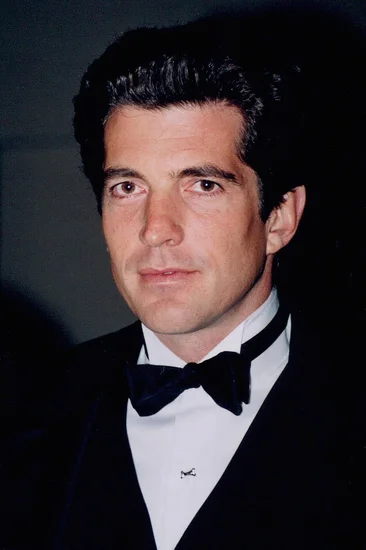
John F. Kennedy Jr. was born in Washington, D.C., shortly after his father’s presidential election victory. His birth captivated the American public and media.
Kennedy Jr. would become a lawyer, journalist, and magazine publisher before his tragic death. His life in the public eye embodied both the glamour and tragedy of America’s political dynasty.
1966 – Billy Burke Born
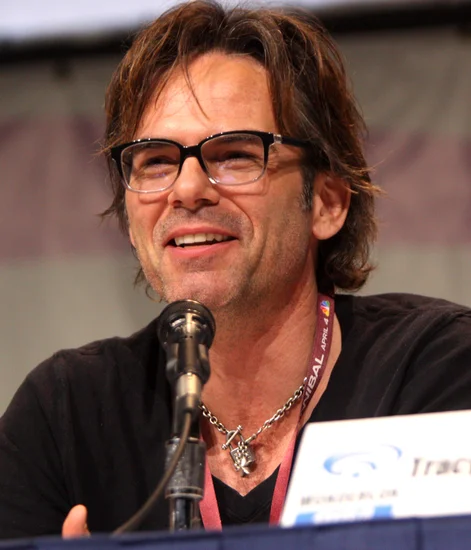
American actor Billy Burke was born in Bellingham, Washington. His early interest in music and acting would lead to a successful entertainment career.
Burke became known for his role as Charlie Swan in the “Twilight” film series. His television work includes starring roles in “Revolution” and “Zoo.”
1971 – Christina Applegate Born

American actress Christina Applegate was born in Hollywood, California, into a show business family. Her early exposure to entertainment shaped her career path.
Applegate gained fame as Kelly Bundy on “Married… with Children” before transitioning to film. Her comedic timing and dramatic range established her as a versatile performer.
Notable Deaths on November 25
1970 – Yukio Mishima Dies
Japanese author Yukio Mishima died by ritualistic suicide after attempting a military coup. His dramatic final act shocked the literary world and Japanese society.
Mishima’s novels explored themes of beauty, death, and traditional Japanese values. His complex relationship with modern Japan culminated in his controversial final protest.
1974 – Nick Drake Dies

English singer-songwriter Nick Drake died at age 26 from an overdose of antidepressants. His brief life produced three influential albums that gained posthumous recognition.
Drake’s melancholic folk music and poetic lyrics influenced countless musicians after his death. His tragic story became emblematic of the tortured artist archetype.
1974 – U Thant Dies
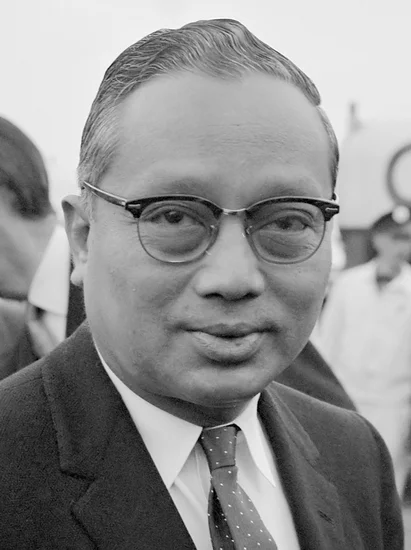
Burmese diplomat U Thant died in New York City after serving as United Nations Secretary-General. His leadership during the Cold War helped prevent several international crises.
Thant’s diplomatic skills proved crucial during the Cuban Missile Crisis and Vietnam War. His commitment to peace and neutrality defined his tenure at the United Nations.
1981 – Jack Albertson Dies
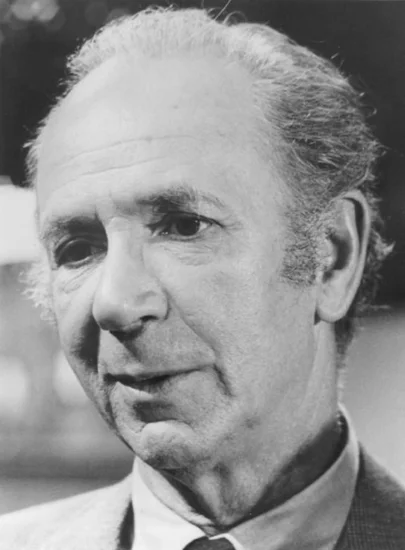
American actor Jack Albertson died in Hollywood after a distinguished career in film and television. His versatile performances spanned comedy and drama across multiple decades.
Albertson won an Academy Award for “The Subject Was Roses” and starred in “Willy Wonka & the Chocolate Factory.” His work in “Chico and the Man” made him a television favorite.
2005 – George Best Dies

Northern Irish footballer George Best died in London after years of alcohol-related health problems. His premature death at 59 shocked the football world.
Best’s brilliant skills and troubled personal life made him one of football’s most tragic figures. His legacy as Manchester United’s greatest player remains untarnished by his personal struggles.
2016 – Fidel Castro Dies

Cuban revolutionary leader Fidel Castro died in Havana at age 90. His death marked the end of an era in Cuban and international politics.
Castro’s communist revolution transformed Cuba and influenced global Cold War dynamics. His controversial legacy includes both social achievements and human rights violations.
2020 – Diego Maradona Dies

Argentine football legend Diego Maradona died in Buenos Aires at age 60 from cardiac arrest. His death prompted worldwide mourning among football fans.
Maradona’s genius on the pitch and controversial off-field behavior made him football’s most complex figure. His 1986 World Cup performance remains one of sport’s greatest individual achievements.
Holidays and Observances on November 25
International Day for the Elimination of Violence against Women
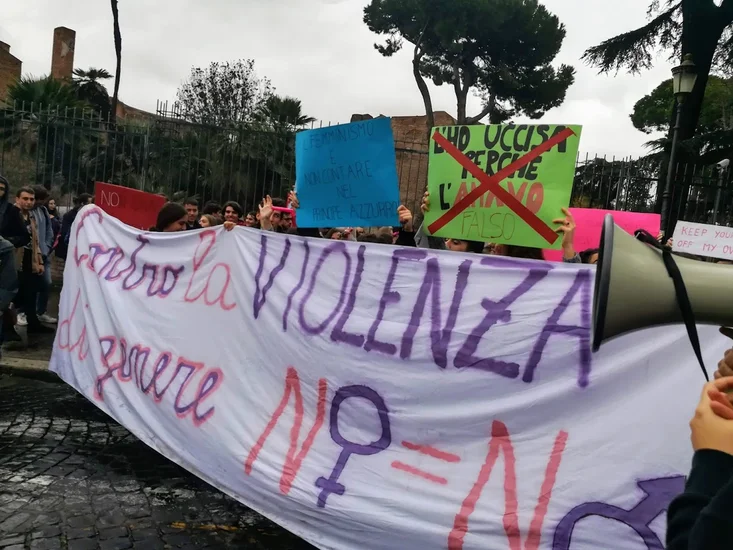
The United Nations designated November 25 as International Day for the Elimination of Violence against Women. This observance raises awareness about gender-based violence worldwide.
The date commemorates the Mirabal sisters, who were assassinated on this day in 1960. Their sacrifice inspired global movements for women’s rights and protection from violence.
Christian Feast Day of Catherine of Alexandria
Christians worldwide observe the feast day of Saint Catherine of Alexandria, a 4th-century martyr. Her legendary wisdom and courage inspire believers across denominational lines.
Catherine’s story of defending her faith against persecution resonates with modern Christians. Her feast day includes special prayers and religious observances in many churches.
Roses Revolution Day
Roses Revolution Day protests obstetric violence and promotes respectful maternity care globally. Activists place roses at hospitals where women experienced traumatic birth experiences.
The movement encourages women to share their birth stories and demand better treatment. This grassroots campaign has spread across multiple countries and healthcare systems.
